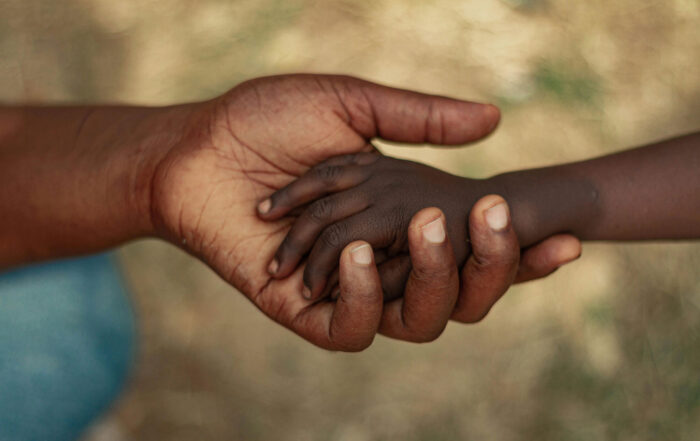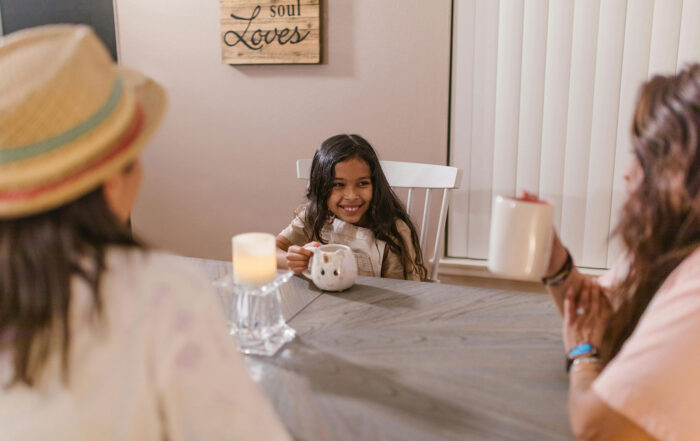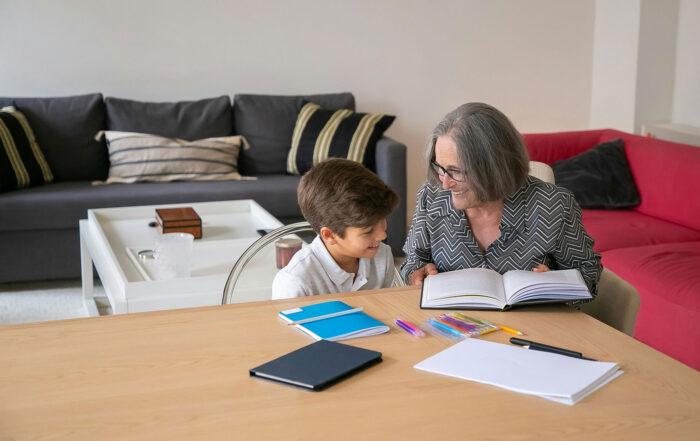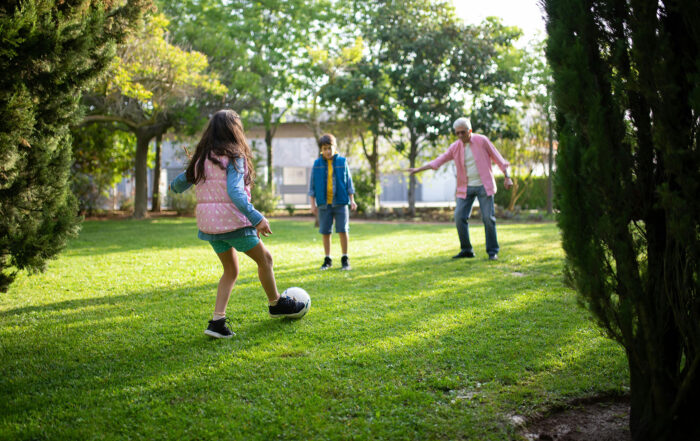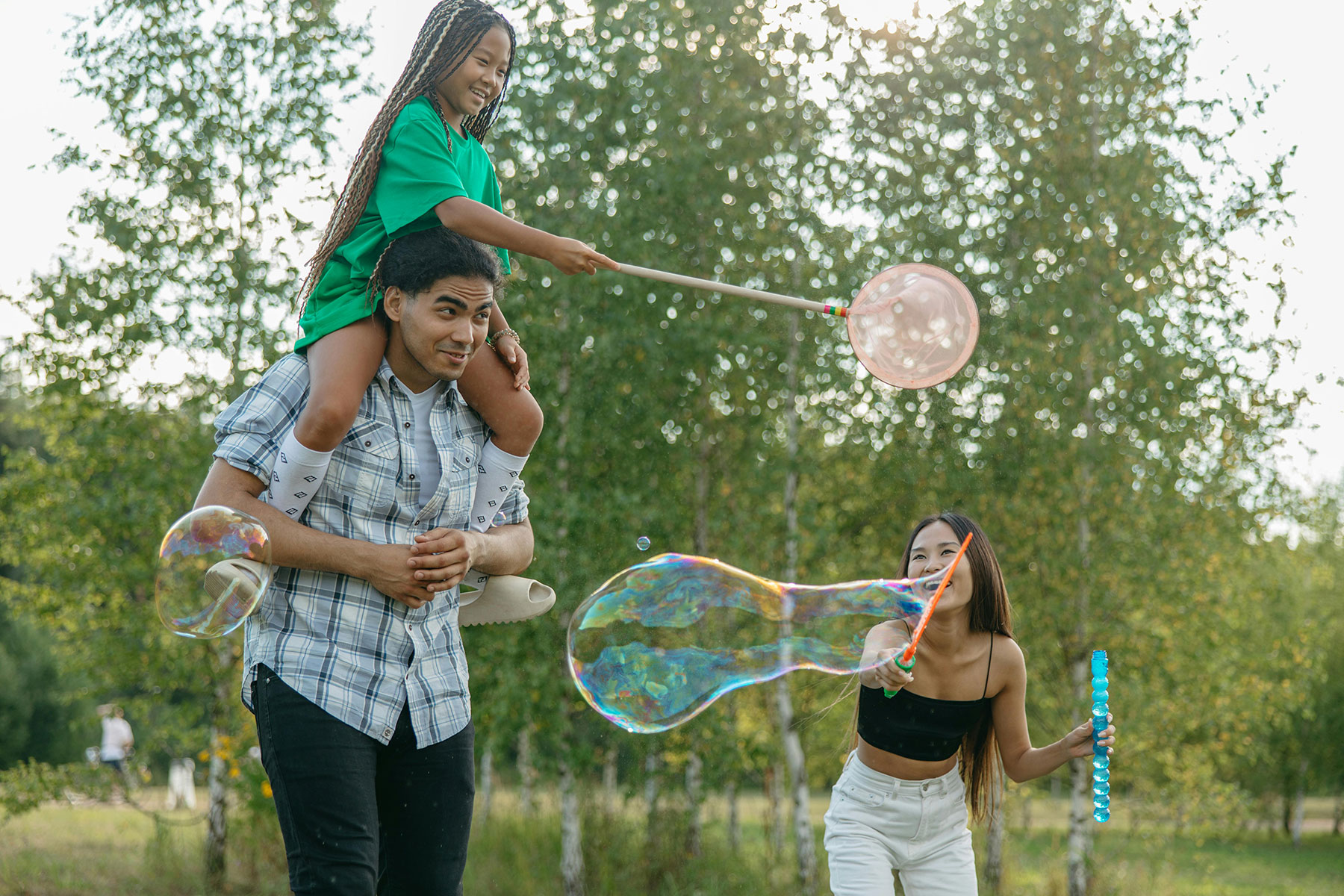
By Stacey Steinberg
Children may be processing the disruptions in their lives right now in ways the adults around them do not expect: acting out, regressing, retreating or even seeming surprisingly content. Parents need to know that all of this is normal, experts say, and there are some things we can do to help.
“Our natural response to scary things is biologically to release stress hormones,” said Dr. Nadine Burke Harris, a pediatrician and surgeon general of the state of California, and the author of “The Deepest Well: Healing the Long-Term Effects of Childhood Adversity.” The release of stress hormones activates our fight or flight response. Our bodies, in responding with the release of stress hormones, are doing exactly what they should be doing.
But in some cases, exposure to stressful events — which right now might include the absence of routines, a parent’s job loss and economic hardship, or the serious illness or death of someone a child cares about — can leave children feeling traumatized.
Share This Post!
The lasting impact of neglect
By Kirsten Weir The first time Nathan Fox, PhD, stepped into a Romanian orphanage, he was struck by the silence. "The most remarkable thing about the infant room was how quiet it was, [...]
Children may act out due to grief or trauma of COVID-19 pandemic, and other lessons from HIV/AIDS
By Julie B. Kaplow and Mark W. Kline No infectious disease since HIV/AIDS in the 1980s has captured the world’s attention in the way COVID-19 has. The HIV/AIDS pandemic is still with [...]
Coronavirus is giving rise to another tragic issue. Child abuse.
By Chester Street Foundation Coronavirus is giving rise to another tragic issue. Child abuse. Hospitals in Texas have reported seeing an increase in child abuse cases, which they believe is driven [...]
Breaking the Cycle of Child Abuse
By Elizabeth Hartney, PhD Child abuse is known to repeat itself from generation to generation. Although not universal, the children of people with addictions are at higher risk of all types of abuse, [...]
Four Ways Teachers Can Show They Care
By VICKI ZAKRZEWSKI If I asked you to tell me what you remembered most about your favorite teacher growing up, I bet you wouldn’t say much about the subject matter. Instead, I’d expect [...]
CDC: Childhood Trauma Tied to Poor Health
By Gaby Galvin PEOPLE WHO EXPERIENCED trauma as children are more likely to suffer severe health consequences later in life, a new federal analysis shows. Adverse childhood experiences, or ACEs, refer to potentially [...]


